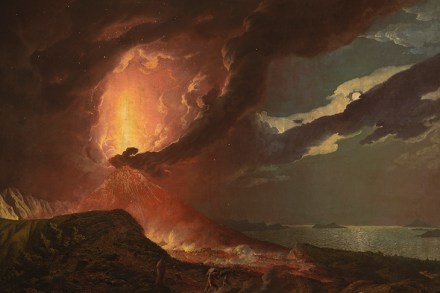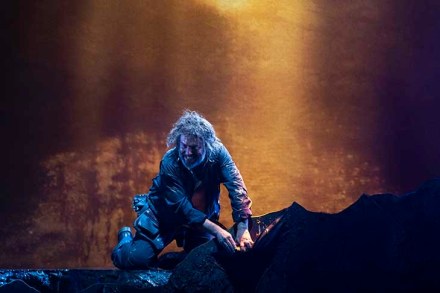All you need is love | 27 June 2019
Yesterday is the latest comedy (with sad bits) from Richard Curtis, directed by Danny Boyle, about an unsuccessful singer-songwriter, Jack, who wakes up to discover that he’s the only one who remembers the Beatles so can now steal all their tunes, if he’s of that mind. Unusually for Curtis, the lead is an Asian and there is no Bill Nighy (not a sign, not a whiff), which is an advance. And there are some funny moments — when Jack first plays ‘Yesterday’ to some friends, one sniffs: ‘It’s not exactly Coldplay, is it?’ But. It’s all intertwined with a romance that is not just generic but also intolerable. Strangely, I’ve




















